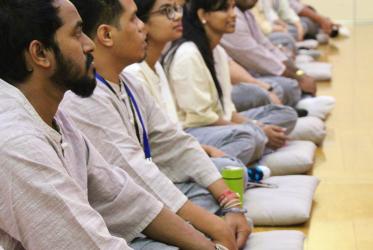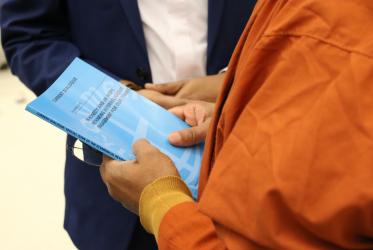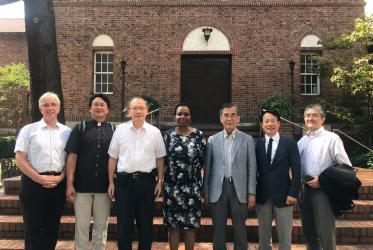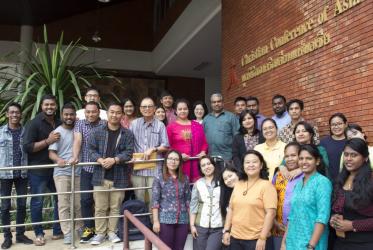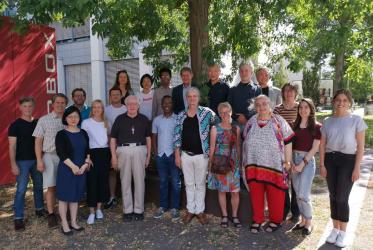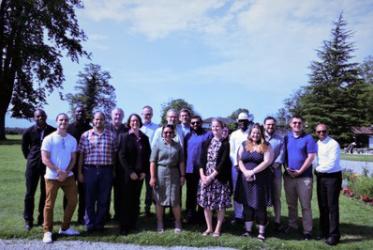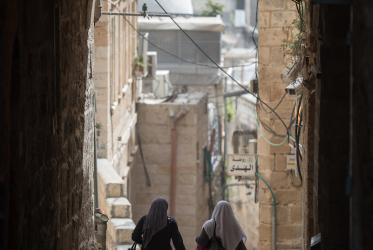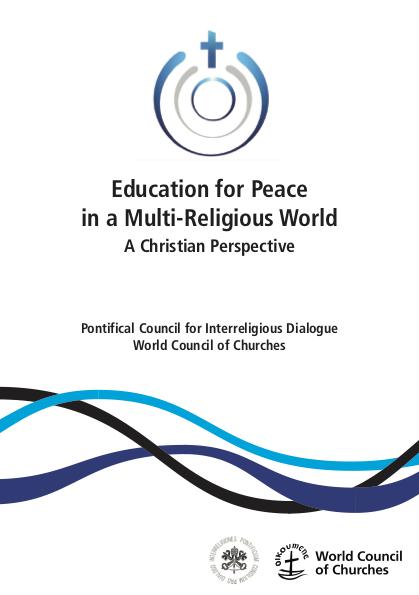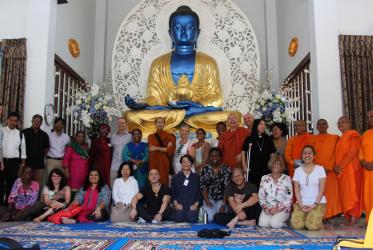Displaying 61 - 80 of 213
Festivities and dialogue launch new WCC journal
07 February 2020
In Japan, spirit of koinonia deepens
26 September 2019
In Korea, young ‘stewards of hope’ forge ahead together
19 September 2019
Bossey gathers students for interreligious dialogue
02 July 2019
Peacemakers at work in Sri Lanka
29 April 2019
Latest issue of Current Dialogue tackles diverse themes
28 March 2019
